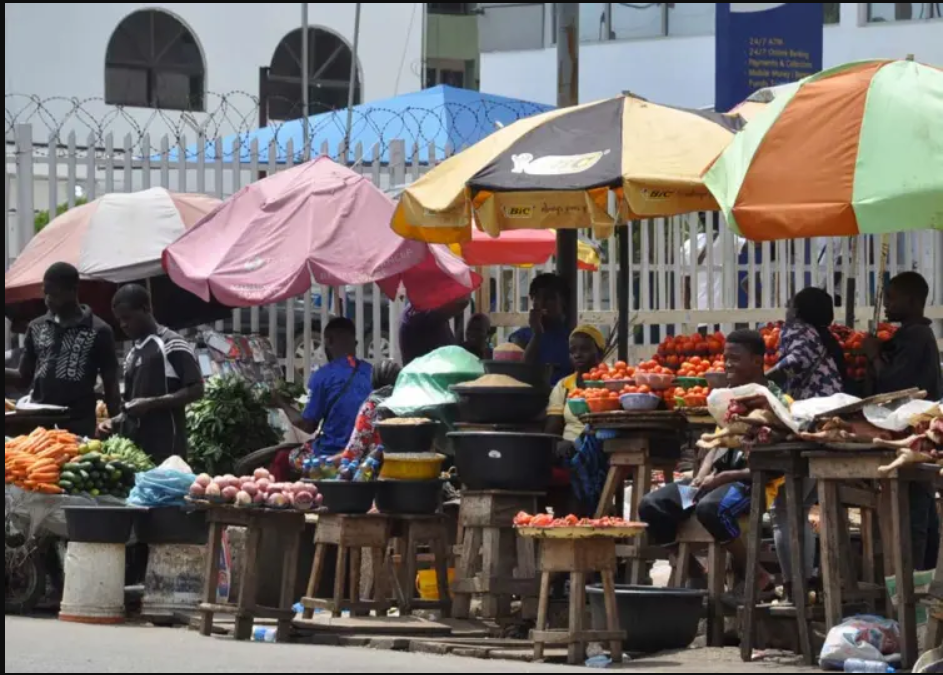Economic and financial experts have proffered solutions to Nigeria’s economic woes, urging the federal government to do something about the ease of doing business to make the country more globally competitive.
Speaking at this year’s edition of the FirstBank Nigeria Economic Outlook, Chief Consultant of B. Adedipe Associates Limited, Dr. Biodun Adedipe, noted that accelerated manufacturing and focused export will bring some stability to the naira exchange rate.
According to him inflation rate is expected to moderate, but still double digit on the expectation of 17.76 per cent while monetary policy normalization could start as early as the second quarter of 2023 but assured for the second half of the year with downward adjustment of MPR certain for H2 expected to be at 13.5 per cent.
Adedipe noted that Nigeria has not been able to take advantage of the favourable crude oil price trend because of weak production and export in 2021 and 2022 which have been particularly bad.
“The resulting fiscal trouble is manifest in an inability to generate enough revenue to meet maturing obligations and a significant portion of revenue going into debt servicing and repayment obligations.
READ ALSO: ICT expert lists IT sector achievements in 2022
In his own submission, an analyst Ugodre Obi-Chukwu said with the oil prices at about $83 per a barrel means that Nigeria is slightly going to be above her benchmark which will not translate to enough savings for the country’s external reserve this year.
He noted that there is also a potential risk as Russia would likely sell more oil to India and most Asian countries this year which may affect Nigeria’s sales in that part of the world.
“We still face issues with oil production. We are not even anywhere close to the OPEC quota that we’ve been given, and we still have our internal struggles. I think that we won’t see a lot of changes when it comes to Nigeria with Russia and the Ukraine war.
Mr. Ini Ebong, Executive Director, Treasury and International Banking, First Bank of Nigeria Limited said looking at 2022 in retrospect, a lot of developments around the world fiercely challenged whatever gains were made from the major recovery from the impacts of COVID-19 in 2021.
Ebong noted that these developments made 2022 a turbulent year for many businesses and nations as the global economy, for example, witnessed all-time high inflation rates and unabated increases in high costs of living and doing business.
He noted that in Nigeria, the rising monetary policy rates, increasing debt portfolio, volatile revenue from crude oil and brain drain due to talent emigration, amongst many other factors, have become a wake-up call for proper dimensioning of issues to drive fiscal and other policies that will be instrumental to ensuring the gains of previous years are sustained and that the economy wades through the seemingly consistent challenges.

 Entertainment6 days ago
Entertainment6 days ago
 Health1 week ago
Health1 week ago
 Health4 days ago
Health4 days ago
 Football1 week ago
Football1 week ago
 Football1 week ago
Football1 week ago
 Crime4 days ago
Crime4 days ago
 Education6 days ago
Education6 days ago
 Crime1 week ago
Crime1 week ago

